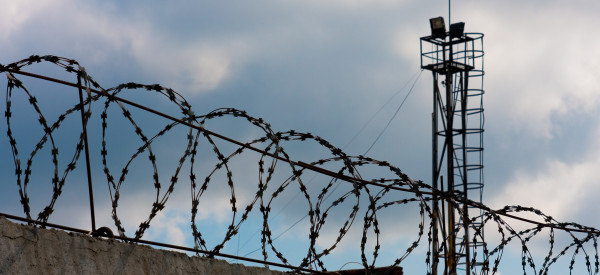|
skip to main
|
skip to left sidebar
skip to right sidebar
Black as the devil, Hot as hell, Pure as an angel, Sweet as love.
Travel to Indonesia
Contact Our Team:
Raja Kelana Adventures Indonesia
Raja Kelana Adventures Indonesia
Email: putrantos2022@gmail.com
Facebook Messenger: https://www.facebook.com/putranto.sangkoyo
Our Partner
Blog Archive
-
▼
2015
(854)
-
▼
July
(58)
- How cell phones would change the plot of famous books
- Friday's Morning Email: Beijing To Host 2022 Winte...
- News Alert: IOC announces host city for 2022 Winte...
- Thursday's Morning Email: Missing Malaysian Plane ...
- Afghan government says Taliban leader Mullah Omar ...
- Wednesday's Morning Email: Senate GOP Moves to Def...
- Tuesday's Morning Email: Boy Scouts End Ban on Gay...
- News Alert: Boy Scouts end ban on gay adults
- Monday's Morning Email: Introducing HuffPost Arabi
- We ❤️ you like PB loves J
- This week in Huffington Magazine:'Unicorns' May Be...
- Louisiana Movie Theater Gunman, Shooting Victims I...
- Friday's Morning Email: Three Dead in Louisiana Mo...
- News Alert: Anthem To Buy Cigna For $54 Billion
- News Alert: Shooting at Louisiana theater leaves a...
- Thursday's Morning Email: Greece Approves Bailout ...
- Wednesday's Morning Email: Closing Guantanamo Rema...
- Tuesday's Morning Email: A Nation's Infrastructure...
- Monday's Morning Email: Reviewing the Iran Nuclear...
- This week in Huffington Magazine: This Buddhist Mo...
- Stephen Colbert in 1994
- Why you should read Harper Lee's new book
- Friday's Morning Email: Chattanooga Shooter Kills ...
- News Alert: Colorado theater shooter James Holmes ...
- News Alert: 5 dead, including gunman, in shooting ...
- Thursday's Morning Email: Greek Parliament Approve...
- News Alert: NASA releases first close-up photos of...
- Wednesday's Morning Email: Selling the Iran Deal
- BREAKING: Former Auschwitz guard convicted of 300,...
- Tuesday's Morning Email: Iran Nuclear Deal Reached
- BREAKING: Iran, world powers agree to historic nuc...
- News Alert: Pentagon may soon allow transgender pe...
- News Alert: Obama commutes sentences for dozens of...
- Monday's Morning Email: No Grexit
- News Alert: Scott Walker jumps into crowded Republ...
- BREAKING: Euro zone leaders reach agreement to res...
- This week in Huffington Magazine: How The New York...
- Sports Alert: Novak Djokovic beats Roger Federer i...
- News Alert: Diplomats tell AP Iran nuclear deal ex...
- Italian grandmas hate Olive Garden
- The nipples of art history
- Friday's Morning Email: Greece Submits Bailout Pro...
- Thursday's Morning Email: South Carolina House Vot...
- BREAKING: South Carolina House approves bill to re...
- Thousands call for DOJ to investigate fate of kids...
- Wednesday's Morning Email: Greece Bailout Plan Due...
- Tuesday's Morning Email: Eurozone Waits for Greek ...
- News Alert: Bill Cosby admitted to drugging woman ...
- How you can help stop children from being placed i...
- Monday's Morning Email: An Uncertain Future for Gr...
- Sports Alert: U.S. wins Women's World Cup with dom...
- This week in Huffington Magazine: A Day In Line At...
- Sports Alert: U.S. storms to 4-0 lead 16 minutes i...
- News Alert: Greeks projected to vote 'no' on Europ...
- Happy 4th of July! 🎆
- Beach reads
- Thursday's Morning Email: The Devastating Impact o...
- Wednesday's Morning Email: Greece Reconsiders Bail...
-
▼
July
(58)











